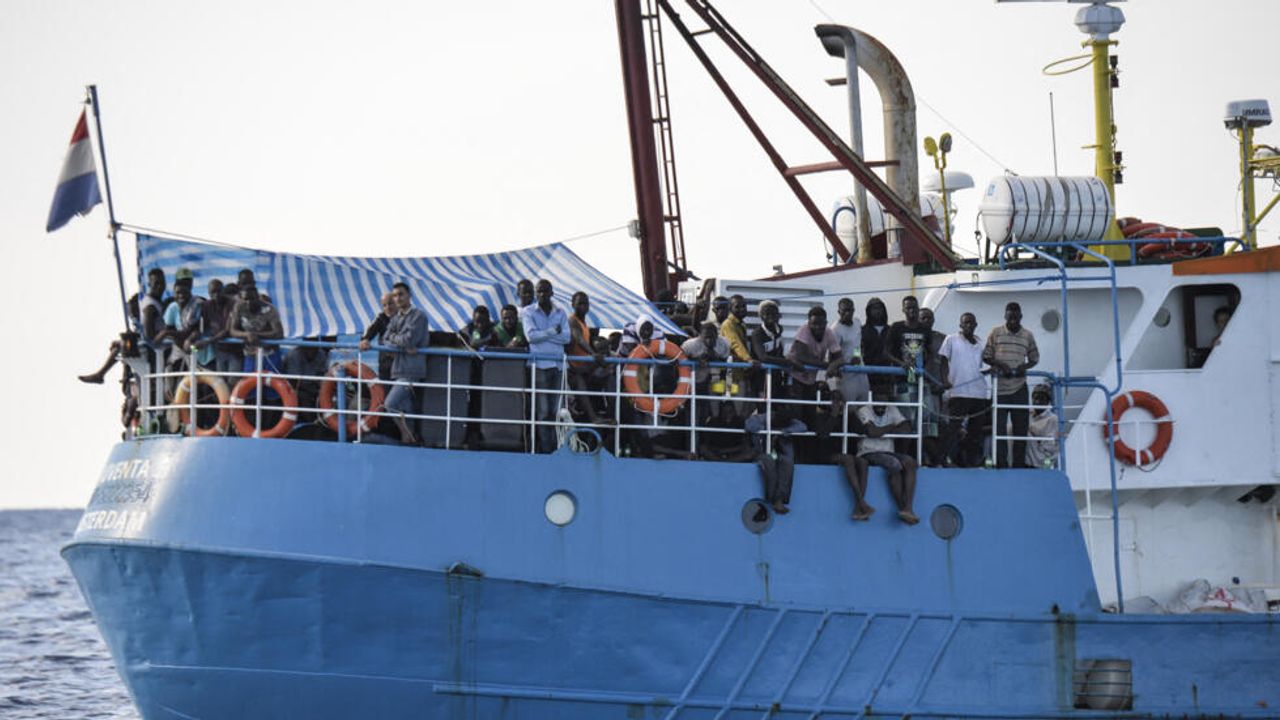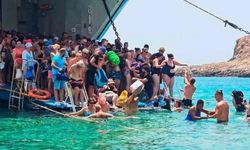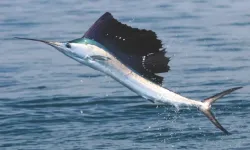In a significant verdict, judges in Sicily have cleared all crew members of an NGO-operated rescue boat from charges of aiding illegal migration. The case, spanning seven years, came to an unexpected close after prosecutors in Trapani acknowledged a lack of evidence in February.
The vessel in question, the Iuventa, operated by German NGO Jugend Rettet, was involved in rescuing approximately 14,000 individuals in the central Mediterranean. Despite its noble mission, it faced allegations of collusion with people-smugglers, vehemently denied by the crew.
The Italian government, grappling with the influx of migrants, struck a controversial deal with the Libyan coastguard, funded by the EU, to intercept and return migrants to Libya. Amidst this backdrop, the Iuventa was seized in 2017 at an Italian port.
However, revelations surfaced regarding covert surveillance and informants infiltrating rescue ships. The legal proceedings drew criticism for alleged mishandling, prompting Italy’s justice minister to intervene in 2021.
Following the prosecutors' admission of insufficient evidence, the defense argued that the trial unjustly halted the Iuventa’s life-saving operations, while draining considerable resources. This case mirrors broader concerns of criminalizing humanitarian aid efforts and the challenges faced by rights defenders.
As the verdict clears the crew, humanitarian organizations like Médecins Sans Frontières (MSF) also find relief from baseless accusations. For them, saving lives isn’t a crime but a moral imperative, emphasizing the vital importance of humanitarian missions at sea.





